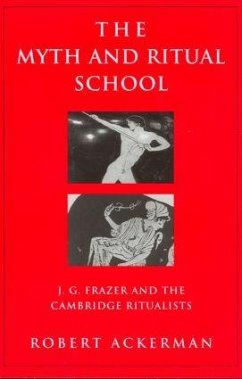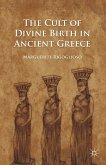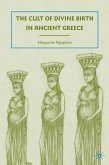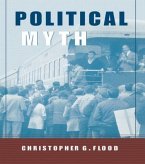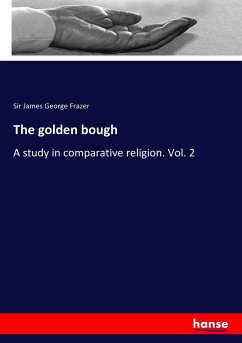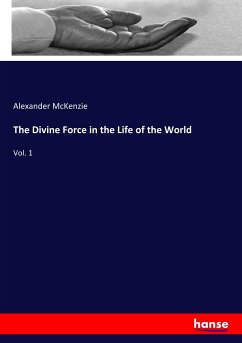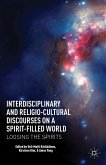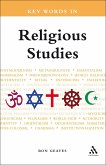The enduring importance of his book The Golden Bough keeps J.G. Frazer's name prominent on the list of the most significant figures in modern religious studies. But by no means was Fraser the sole influence on the Cambridge-based school of thought-- myth-ritualism-- most often associated with him. In this intellectual history of the fellowship of scholars to which Frazer belonged, Robert Ackerman expands our acquaintance with the myth and ritual school to include Jane Harrison, Gilbert Murray, F.M. Cornford, and A.B. Cook, all of whom were instrumental in connecting the lines of thought in myth theory, classics, and anthropology that had begun to converge at the turn of the last century. Ackerman's examination of the chief works of each member of the Cambridge group illuminates their primary interests in Greek myth, ritual, and religion and traces the threads of their arguments through the group's writings on the origins of tragedy, comedy, philosophy, art, and sport. In the book's final chapter Ackerman explores the application of myth-ritualist thought to a variety of post-classical literature.
"Providing a ddetailed oultine of their [the Cambridge Ritualists'] work as well as a concise summary of the history of myth interpretation, the book will appeal to anthropologists, historians, and classicists interested in an early attempt at cross-disciplinary hybridization." -- Religious Studies Review

